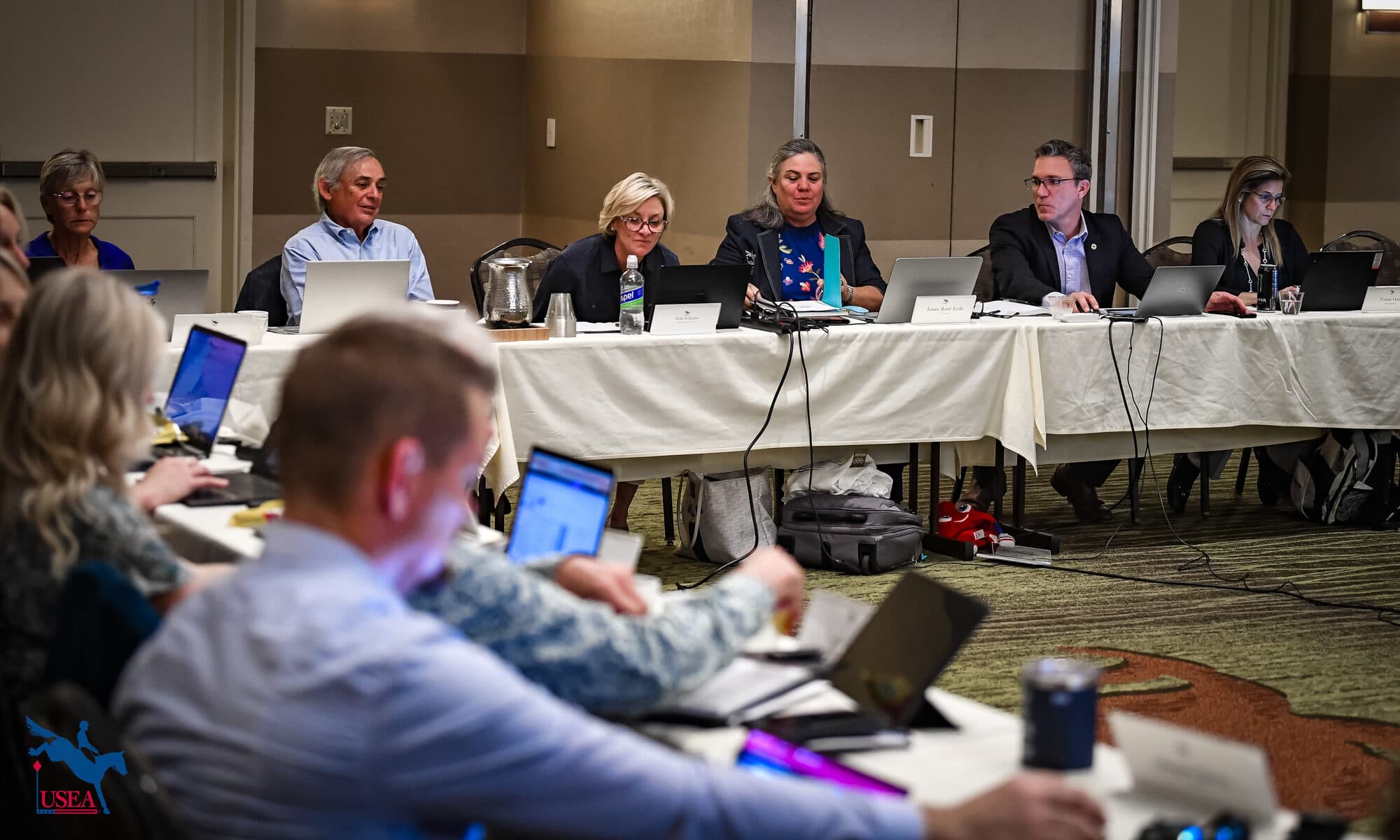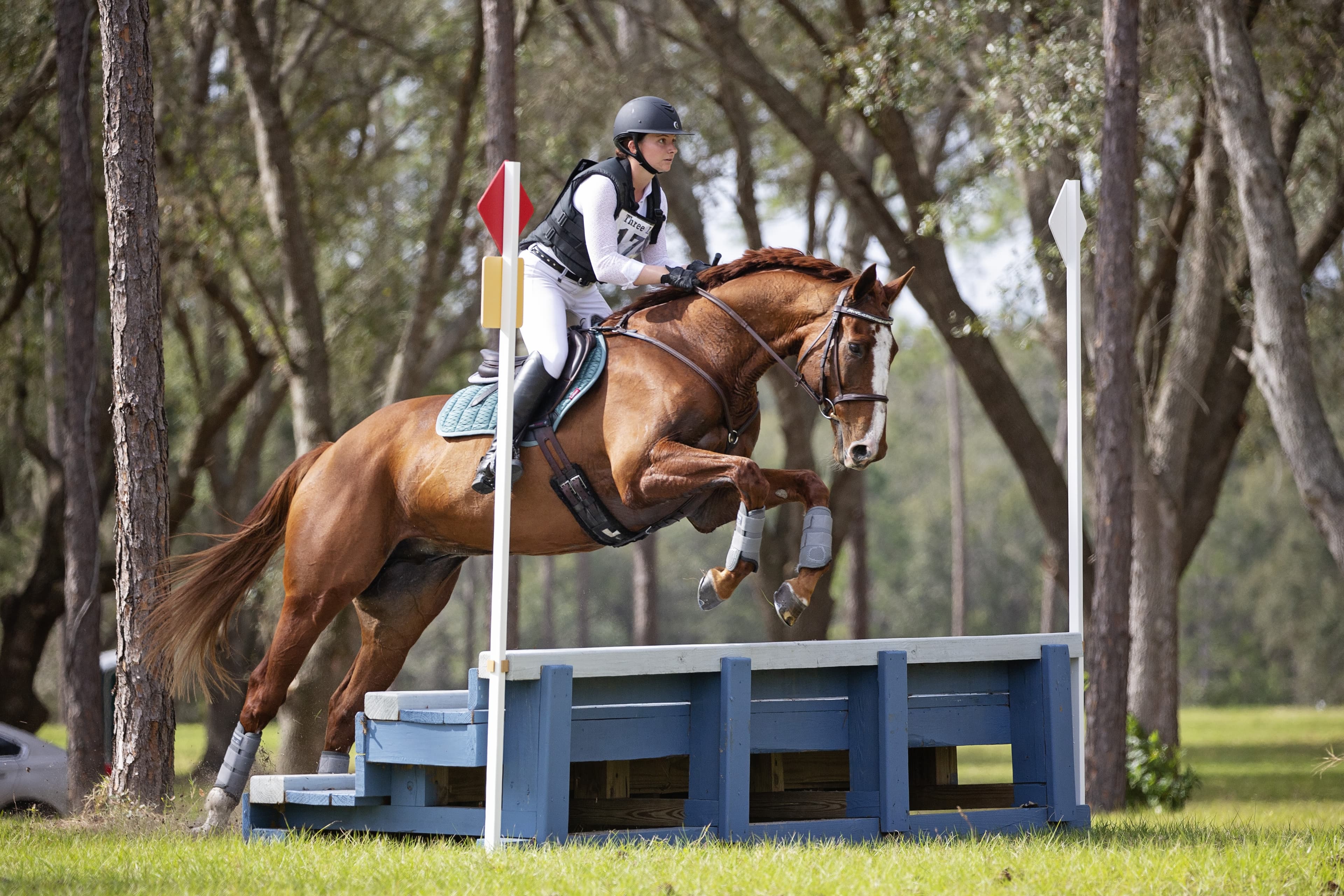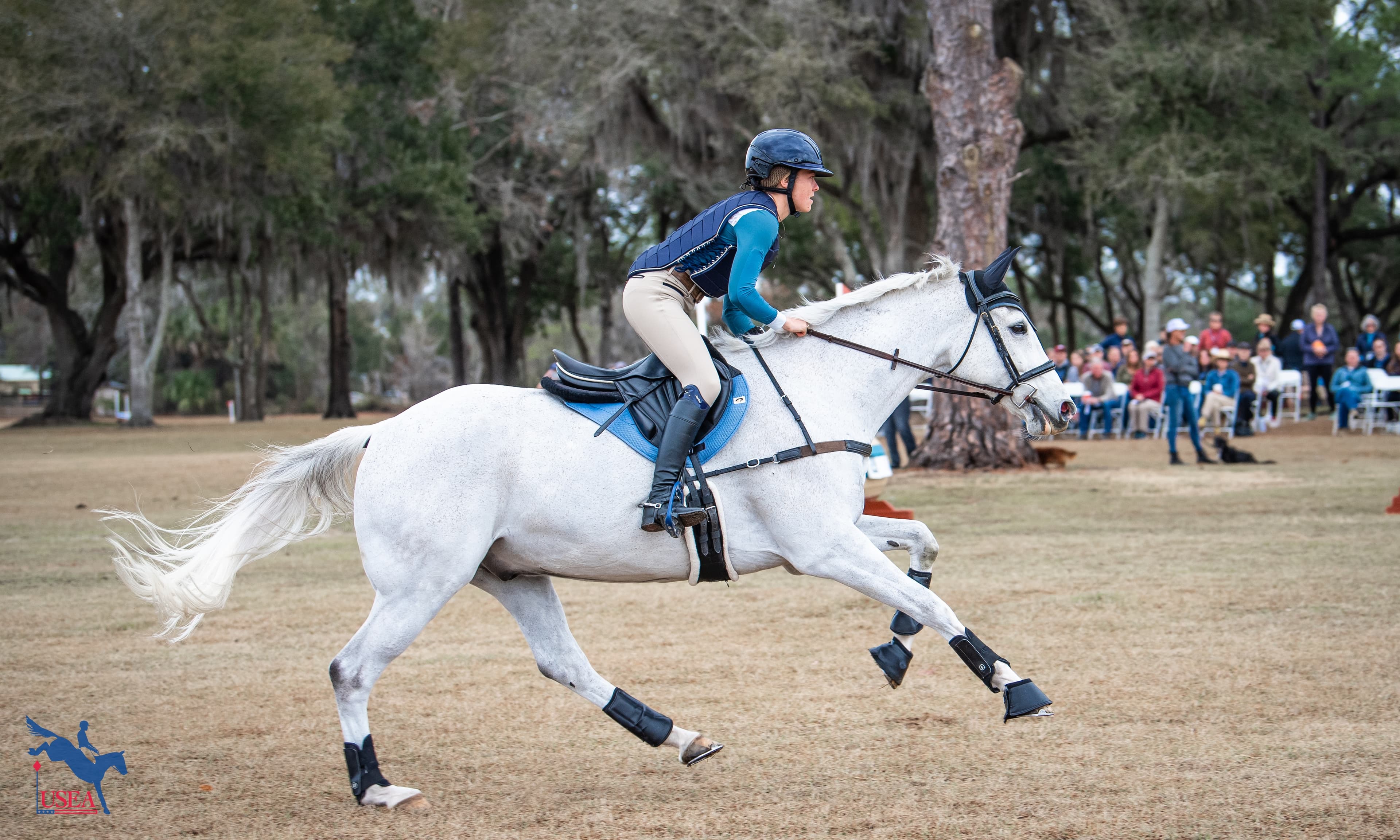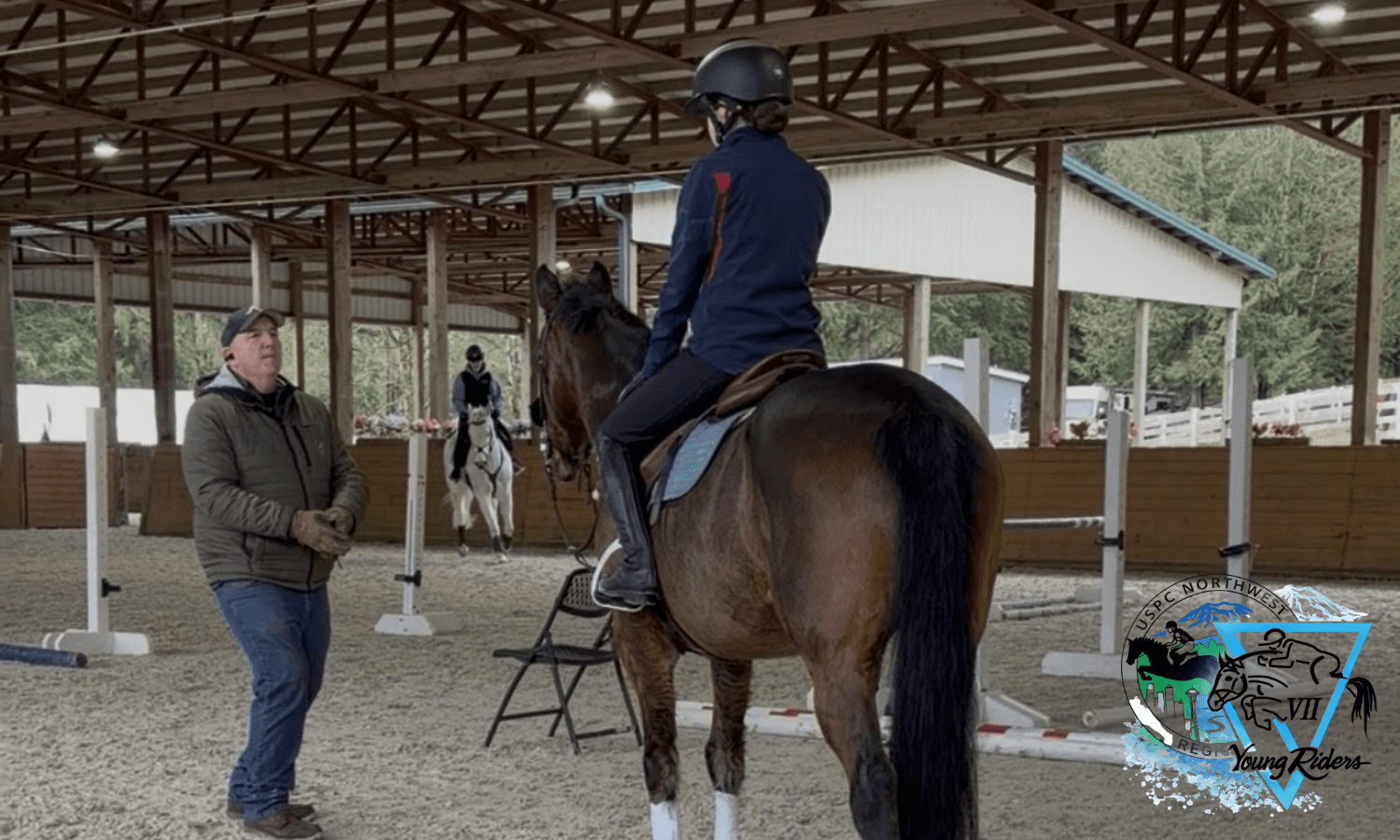Rules Changes, Membership Trends, and Budgets Discussed at the USEA Board of Governors Mid-Year Meeting

The U.S. Eventing Association caters to a wide variety of stakeholders, from young riders, amateurs, and professionals, to organizers, volunteers, and coaches.
The 21-member USEA Board of Governors meets routinely to discuss rule changes, budgets, safety, competitions, and more, in hopes of moving the sport forward and helping members and the programs USEA supports.
At the mid-year Board of Governors meeting, held Aug. 13-14 in Dulles, Virginia, BOG members met in person to discuss key budget items and hear from various USEA committees. The BOG will meet in person again at the USEA Annual Meeting & Convention, held Dec. 12-15 in Seattle, Washington.
“The summer meeting of the Board of Governors is the most important meeting of the year related to the business of the Association” said USEA CEO Rob Burk. “Months of work lead to approximately 36 hours of intense discussion and strategic planning. The decisions made by the volunteer leaders of the board are incredibly important to the future of this organization and the sport.”
The USEA is celebrating 30 years in their current headquarters in Leesburg, Virginia, where there are 17 staff members working in office and remotely.
Burk started off the discussions on Tuesday with an overview of membership trends.
“Thanks to digital memberships awarded to volunteers, USEA member numbers are trending upward,” said Burk. “However, paid memberships have been declining since the pandemic. The Association business model needs to adapt for the future. In 2025, the Association will undertake a complete overhaul of its strategic plan, and this will be a central focus of our leaders.”
Paid memberships have trended downward since 2021 and are now at just under 11,000 members. In the last 10 years, peak membership was 12,088 members in 2017. There are a little under 2,000 unpaid memberships.
Youth and supporting memberships are declining, while adult rider program and young rider program participation is strong. Burk also noted that traditional USEA Affiliates, such as local eventing associations, have rebounded, and Interscholastic and Intercollegiate Affiliates are growing.
“Entry into our sport and likewise the USEA is dependent on local points of access. Our affiliates are one of the most important entry points. The Association worked to refresh our relationship and examine the value of USEA membership to our affiliates in 2024,” said Burk.
Starters are strong, but the number of events and facilities continues to decline, with 100 current unique facilities hosting competitions in 2023 compared to 140 in 2015.
Burk then laid out some of the challenges to the sport which included social license to operate, safety, competition viability vs. costs, loss of land and venues, volunteer availability, and the rising cost of horses and horse ownership.
As was the discussion in last year’s mid-year meeting, Burk brought up the idea of eventing hubs, something that current USEA President Lou Leslie is supportive of. Hubs have grown in well-established eventing regions like Ocala, Florida, Lexington, Kentucky or Temecula, California, but could the USEA help invigorate other areas of the country and how? Some ideas included investing in non-profit facilities, distributing grants for frangible technology at needed levels in specific Areas, creating grants for Eventing Coaches Program participants or licensed officials in less active eventing Areas, and guaranteeing USEA programs for education in select regions.
Equine Medical Research Update
Since 2014, $1 from every entry has been donated to equine medical research. Board member Cynthia Wiseman, DVM, chair of the USEA Equine Medical Research Committee, presented an update on the fund and asked for approval of three studies.
Since 2014, the fund has contributed $326,855 to various research studies. In 2023, $36,956 in starter fees and restricted donations were collected to support research efforts for the equine population.
This year, the committee reviewed studies from Morris Animal Foundation and Grayson Jockey Club Research Foundation. Through a partnership with these organizations, the committee maintains control over how the funds are distributed and hopes the findings will be a benefit to eventing horses.
The board approved funds to be used for the following studies:
Treatment of Meniscal Injury with Mesenchymal Stem Cells (Aimee Colbath, Cornell University) $14,078
Investigation of the Immunopathogenesis of Equine Protozoal Myeloencephalitis (EPM) (Izabela de Assis Roca, BVM, University of Kentucky) $12,878
An exploration of the nature of separation related problems in the horse (Claire Ricci-Bonot, PhD, University of Lincoln) $10,000
Rule Change Discussion
Sharyn Antico, Vice President of Competitions and Organizers Representative at-large, brought up a rewrite to GR1211.e.ii.
Antico described that this rule was changed for 2024 by the Federation despite USEA opposition. Likewise, the rule change was not supported by the Eventing Licensed Officials Committee and other stakeholders in the sport. It would require a second Technical Delegate if an event has more than 250 entries and is running four or more “rings” at any one time.
In this rule cross-country is considered one ring, and each dressage ring and show jumping ring would be considered equally. This rule has created an unnecessary burden on events running over 250 competitors. Antico noted that some events are capping entries, so they don’t have to pay to hire a second TD. A handful of competitions were fined this year for not having enough officials, to which some events responded that the $250 fine for the first offense was cheaper than hiring a second TD.
“We need to come to some sort of terms, and Malcolm [Hook] and I thought this was the best way to resolve this,” she said. “Those organizers that are running a lot of horses are already putting into play having the additional officials. I’ve been organizing Millbrook for 15 years. I’ve always had two TDs because we’ve had up to 500 horses, and because of the logistics of our property and the things that could go wrong. The organizers are being smart about it. They don’t need to be mandated about it because they understand what’s going to keep their event running safe and smooth.”
The rule change is as follows: “For any competitions holding an eventing division, when the show jumping or cross-country phase is running, each will count as one competition ring, regardless of the number of levels offered. In addition, all dressage arenas will be counted as one ring. Additional Eventing TD requirements contained in EV153 are intended to be in addition to the minimum TD requirements contained in the above chart.”
“The big takeaway here is that at competitions that are running four dressage arenas or even three dressage arenas and another phase would already require you to have an additional TD,” said Antico. “By rewriting this as all dressage is counted as one ring only means that you would not have to have a second TD unless you had over 250 horses. This rule gives us an exemption for our discipline. It means if show jumping and cross-country are running concurrently, then you either need a second TD or your president of the ground jury must be available.”
Other Business
The Board voted to approve a $5 increase in starter fees for the 2025 season. The USEA relies on events and membership fees for 50 percent of its revenue. “We don’t have any control over the revenue factor—starters, membership, and events. It is what it is, and we’re trying to think of ways to enhance them,” said Brian Murray, Treasurer, at-large. “We are very vulnerable on the revenue side. The place we can go is the starters to make a meaningful impact on our revenue. That will be a very nice cushion for the next couple of years as we work through various programs for the membership and other ways of enhancing revenues.”
The Volunteer Committee budget proposal was approved, which would cover costs of supplying Volunteer Incentive Program (VIP) award materials, and funds for each Area to use their own VIP programs. The VIP website will also be updated to include USEA Educational Activities volunteer hours.
The Young Rider Committee’s request for funding for the longstanding but unbudgeted Mentorship Program was approved. It’s an application-based program to enable youth to shadow eventing officials at Intercollegiate and Interscholastic Championships and USEF Young Rider Championships and become familiar with the responsibilities of officials and organizers, hopefully creating interest in new officials and organizers in the future. The funds would cover travel and boarding costs for two faculty and four students to a championship over three days.
Some Board members questioned why junior and young rider members would benefit from this since they probably wouldn’t be seeking to become organizers and officials until later in adulthood, but others spoke up to say that they hoped it would inspire college-bound or college-aged children to look at a different career path within the eventing community other than as a rider.
The Board of Governors will continue to meet via conference call until their next in-person meeting at the USEA Annual Meeting and Convention.















